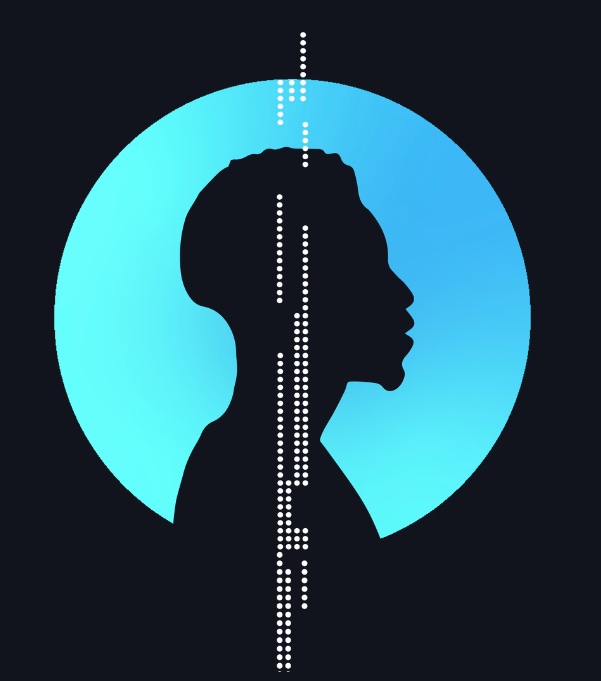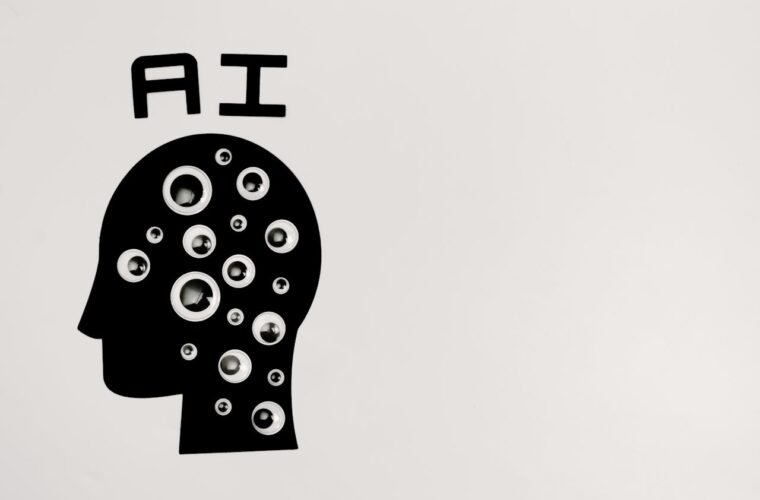“In the absence of measurements to track commitments, practices and progress in countries around the world, the concept of responsible AI remains abstract.” This is the incipit of the Global Index on Responsible AI website, an initiative that aims to move from principles to practice in the area of responsible AI, tracking what individual countries are doing on the subject before many scenarios fall under the consequences of rampant use of artificial intelligence, starting with human rights.
With a set of benchmarks based precisely on human rights, the Global Index on Responsible AI measures governments’ commitments to AI through a social, technical, and political lens. The project is part of the Global Center on AI Governance (GCG), an Africa-based organization with collaborators and partners from around the world intent on promoting local expertise in artificial intelligence. The scores from the primary data are then adjusted using a coefficient built from secondary data for each country, which accounts for the effectiveness of government frameworks, government actions, and the enabling environment for non-state actors. Each pillar is assigned a specific weight and aggregated into an overall score, allowing a comparative assessment of efforts made by countries to promote responsible AI and rank them accordingly.
10 evidence on responsible AI
Before going into detail about the results concerning Italy, it is worth reporting the ten pieces of evidence that the Global Index deduced from its first global survey. AI governance does not translate into responsible AI; Mechanisms to ensure human rights protection in the AI context are limited; International cooperation is an important pillar of current responsible AI practices; Gender equality remains a critical gap in efforts to promote accountable AI; Key issues of inclusion and equality in AI are not being addressed; Workers are not adequately protected from the use of AI Responsible AI needs to incorporate cultural and linguistic diversity; Important gaps exist in ensuring the safety, security, and reliability of AI systems; Universities and civil society are playing a crucial role in promoting responsible AI; There is still a long way to go to achieve adequate levels of responsible AI worldwide.

On a score of 0 to 100, Italy has 61.8 in the merit of adopting responsible AI systems. A number that is the average of six different indices. As for government framework, we have 59.99; for government actions, 55.96; for non-state actors, 77.10; for human rights in AI, 66.34; for national capacity for responsible AI, 38.21; and governance on responsible AI, 66.13. The Netherlands, Germany, Ireland, the United Kingdom and Estonia have a higher average in Europe. The Dutch are the first in the world. The last country is Sudan, at position 138.
The European scenario
Country-level scores result from a comprehensive assessment of national commitments to responsible AI development, focusing on human rights, in 19 thematic areas. Secondary data sources supplement the information. According to the authors, many efforts to promote responsible AI are embedded in broader government AI strategies that lack specific measures related to human rights considerations, such as gender equality. This trend highlights the need for comprehensive policies, recommendations and guidelines based on human-centred approaches focusing on human rights. Measuring responsible AI needs to consider the responsibilities of actors across the entire AI lifecycle and ecosystems, including government actions that go beyond setting frameworks. As international cooperation on responsible AI is an area of shared commitment among countries worldwide, there is critical leverage to strengthen the role of global communities in collaboratively monitoring the progress of responsible AI in practice.



